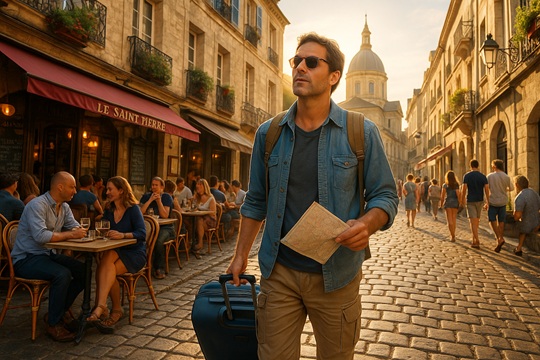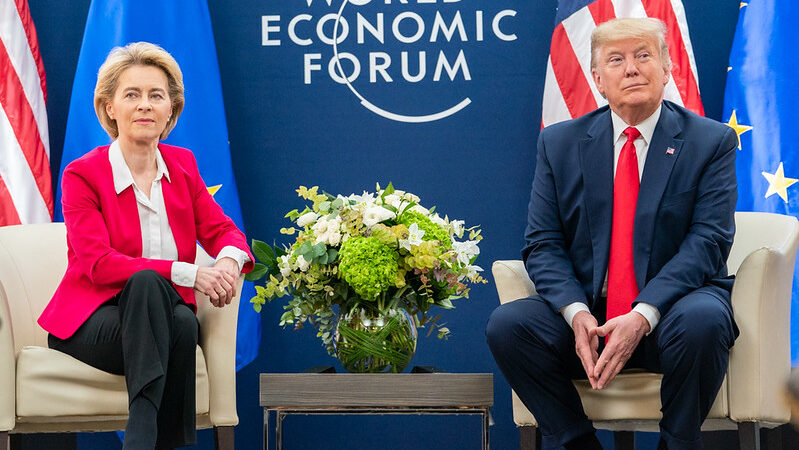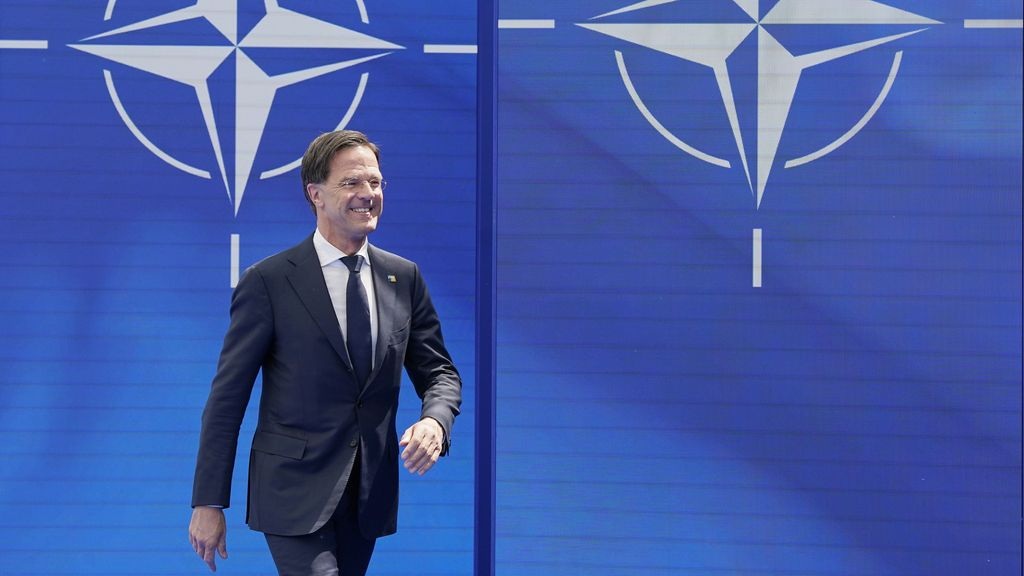
Turkish president Recep Tayyip Erdoğan has won every election since 2003, except for the local elections in March. If these elections show one thing, it is that fewer Turks appreciate his harsh language and defence of Islamic values. His party, AKP, still got 35% of the votes, down from 44% in 2019. Opponent CHP won with 38% and is becoming increasingly popular. What does this mean for Turkey's future? Is this the beginning of the end for Erdoğan?
By Joost Glas
It is evident that Turkey is an essential regional player. It bridges Europe, Asia, and the Middle East, where the West meets the East. In a region of disputes, the UNHCR holds the most refugees globally—3.6 million people. In addition, it guards the only water connection between the Black Sea and the Mediterranean. Turkey is part of NATO and borders the EU.
Erdoğan has good relations with both Russia and Ukraine. He has acted as a mediator between the two countries on several occasions, for example, with the Grain Deal in 2022. All these points make it essential for many parties to have a stable Turkey and, therefore, a stable regime.
Erdoğan has been leading this regime for more than twenty years. Because of this, he has grown into a political giant and reshaped his country more than any leader since Mustafa Kemal Ataturk, the modern republic's founder.
Here's a small history lesson: After the Ottoman Empire lost World War 1, the empire collapsed, and the area that now forms Turkey was divided between the winners. Atatürk united many Turks and fought against six nations that claimed parts of Turkey (Amenia, Russia, France, the United Kingdom, France, and Greece).
After this, he laid the foundation for the modern state by signing the Treaty of Lausanne in 1923. This gave him the name Atatürk, which means ‘father of Turks’. Atatürk wanted to connect to the West by making Turkey a modern, secular country—in contrast to the Ottoman Empire, which was an Islamic empire.
Atatürk would turn in his grave at witnessing Erdoğan’s policies. He wouldn’t like that the country went from a secular, westward-looking attitude to an Islamic attitude under Erdoğan’s rule.
Islamic DNA
This Islamic DNA runs deep with Erdoğan, while Turkey's secular identity runs deep with Turkey. In 1998, Erdoğan was mayor of Istanbul, but he got in prison–while being mayor of Istanbul–because he shared a poem that criticised the secular regime of Turkey. After ten months in jail, Erdoğan was released, and Refah Partisi—the Islamist party of which Erdoğan was a member—was abandoned. Erdoğan decided to found his party, the AK Party.
At the first election, the AKP won immediately, and Erdoğan became Prime Minister in 2003. He got re-elected two times and was Prime Minister till 2014. After this, he became president and gained more power within this function by changing the Turkish system from a parliamentary to a presidential one.
Erdoğan has reshaped Turkey in a non-democratic way. He provided democratic backsliding, especially after the failed coup on his regime in 2016. Since then, he has provided limitations on freedom of speech and the press. He also violated other human rights.
But before that, he wasn't entirely pure either. His son (Bilal Erdoğan) was involved in a massive graft scandal. Turkish prosecutors said it involved an alleged money laundering scheme to bypass United States-led sanctions on Iran. Not only was his son involved, but other family members, high-level politicians, and bureaucrats were also involved.
Instead of resigning after such a scandal, Erdoğan steadfastly protected his position by purging more than 150,000 public servants and declaring them terrorists. He defended his son Bilal at all costs.
Economically, the 70-year-old leader is also not doing a good job. The lira is worth little; inflation reached 70% this year! The high cost of living is one of the biggest reasons why many Turks switched from AKP to CHP, which claims to fix this.
The Opposition
Because of all the democratic and economic problems in Erdoğan’s 20-year leadership, the opposition united in the presidential elections 2023. They got close to victory. Their leader, Kılıçdaroğlu, got almost 48% of the votes – that in itself is quite an achievement because Erdoğan owns 90% of the media. This result meant that Erdoğan stayed in his seat anyway until 2028.
Erdoğan claims now to quit after that term.
We don’t know how seriously we can take this claim. Erdoğan has said several times that he would quit, after which he stayed president anyway. If he doesn't keep his word, it would be tough for him because it would require him to amend the constitution.
But Erdoğan did make it easier for himself to change the constitution. His proposal needs a three-fifths majority in parliament, and if this fails, he can submit it to the Turkish people in a referendum. Before 2017, a constitutional amendment needed both a two-thirds majority in parliament and approval by the majority of the Turkish people in a referendum.
Assuming Erdoğan does keep his word, an important question is who will fill this gap. After the local elections in March of this year, this will be CHP. This is a progressive, secular party founded by Atatürk. It is the oldest party in Turkey and has a rich history.
But Erdoğan expressed confidence that his conservative Justice and Development (AKP) party would remain in power even after he left office. Based on this year's election, you would say otherwise anyway. CHP won approximately 38% of the votes, and AKP got 35%.
The presidential elections of last year and the local elections of this year showed that many voters chose Erdoğan as a person and not for his party. In this case, AKP without Erdoğan would be beaten by CHP and their leader İmamoğlu in 2028.
Turkey will become more secular, less Islamic, and more progressive under CHP rule. This means an increased separation of church and state. Maybe the Hagia Sophia mosque will even become a historical museum again.
CHP wants to fix the democratic order, too. Thus, Turkey will have more space for freedom of the press and speech, respect for human rights, and more checks and balances. Turkey will also be more diplomatically aligned with the West.
In conclusion, this year's local elections can be seen as the beginning of the end of Erdoğan’s reign and a turning point in Turkey’s history. CHP has to build on its current success and popularity by including conservative Turkey in its policies.
In this way, Turkey will be liberated from a corrupt government that has destroyed 100-year-old democratic gains. It will become more secular, democratic, and westward-looking under CHP’s rule–just as Atatürk would have wanted it.
Joost Glas is a student in Dutch political science. He aspires to be active in journalism or policy making. He is fascinated by history, Dutch politics, and lingering international conflicts. This is his first contribution to The Liberum,




